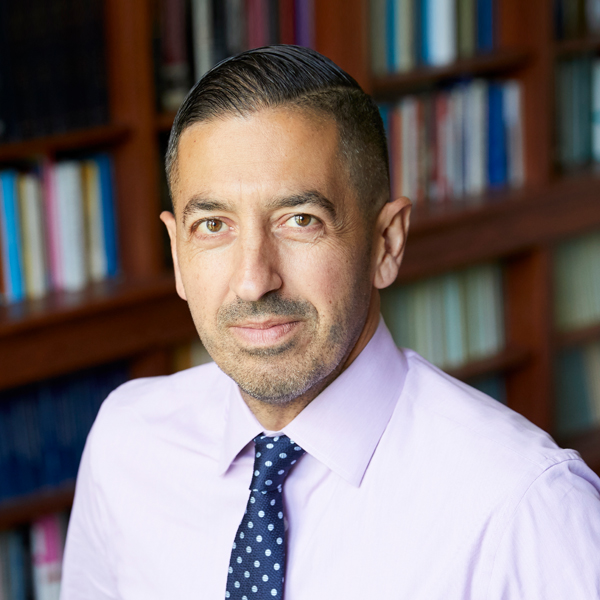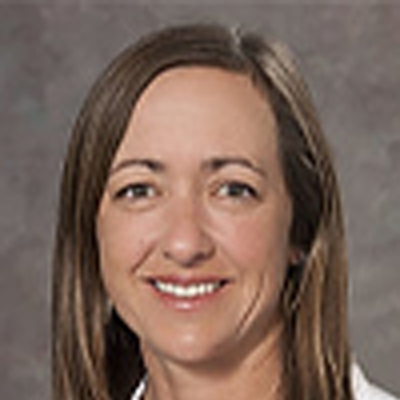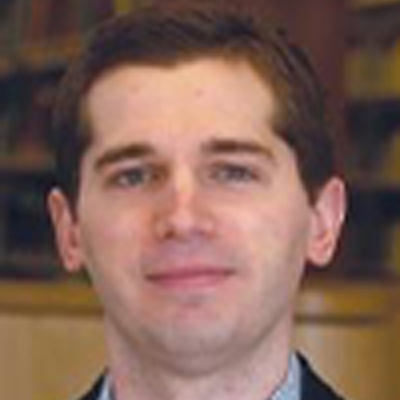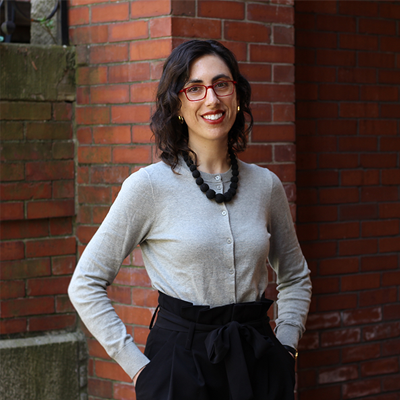
Stopping Suicide: A Population Health Approach to Preventing Suicide
PANEL 1: Understanding Suicide
What is known about the causes of suicide, risk factors and high risk populations in 2020?


Register
Course Information
- Audience: Public health workforce interested in suicide causes, evidence and prevention
- Format: Recorded Seminar/Webinar
- Date/Time: Recorded Thursday, October 1, 2020 4:30 PM - 6:00 PM ET
- Price: Free
- Length: 1.5 hours
- Credential(s) eligible for contact hours: Sponsored by New England Public Health Training Center (NEPHTC), a designated provider of continuing education contact hours (CECH) in health education by the National Commission for Health Education Credentialing, Inc. This program is designated for Certified Health Education Specialists (CHES) and/or Master Certified Health Education Specialists (MCHES) to receive up to 1 total Category I continuing education contact hour. Maximum advanced-level continuing education contact hour is 1. Provider ID: SS1131137, Event ID: SS1131137_SSPAN1.
If you are not seeking CHES/MCHES contact hours, if you complete the evaluation, you will receive a Certificate of Completion. The Certificate will include the length of the course. - Competencies: Community Dimensions of Practice Skills and Public Health Sciences Skills
- Learning Level: Awareness
- Companion Trainings: Stopping Suicide: A Population Health Approach to Preventing Suicide
PANEL 2: Stopping Suicide
Stopping Suicide: A Population Health Approach to Preventing Suicide PANEL 3: Addressing Suicide
- Supplemental materials: None
- Pre-requisites: None
About this Seminar Recording
This is the first part in a three-part symposium on suicide at BUSPH. BUSPH symposia are conversations about things that affect the health of populations. We know that economic stressors, such as those from COVID, are linked to suicide. How can we as a public health practice community mitigate these issues in coming years?
Note: This seminar was developed and recorded by BUSPH. Our Dean’s Signature Programs bring speakers to our campus to engage in thoughtful conversations about the pressing issues of public health. They are open to our entire community, designed to inform, stimulate, and encourage groundbreaking discussion.
What you'll learn
At the end of the seminar recording, participants will be able to:
- List 6 factors associated with higher suicide rates in geographic regions across the United States
- Discuss the comparative efficacy of suicide prevention strategies that focus on getting individuals into treatment vs. reducing access to lethal means
- Describe Thomas Joiner’s Interpersonal Theory of Suicide
- Discuss harm reduction activities aimed at reducing suicide by firearms
- Discuss factors that influence differing rates of suicide among African-Americans
- Describe methods for identifying at-risk individuals useful in healthcare settings
- Identify risk factors – related both to the individual and the campus environment – for suicide among college students
Moderator

Sandro Galea, MD, DrPH
Dean and Robert A. Knox Professor, BU SPH

Amy Barnhorst
Vice Chair, Community Psychiatry, UC Davis

Jennifer Stuber
Associate Professor, University of Washington

Rheeda Walker
Professor, University of Houston

Matt Nock
Professor of Psychology, Harvard University

Sarah Lipson
Assistant Professor, Boston University

Lynn Jolicoeur
Producer and Reporter, WBUR
Sandro Galea, a physician, epidemiologist, and author, is dean and Robert A. Knox Professor at Boston University School of Public Health. He previously held academic and leadership positions at Columbia University, the University of Michigan, and the New York Academy of Medicine. He has published extensively in the peer-reviewed literature, and is a regular contributor to a range of public media, about the social causes of health, mental health, and the consequences of trauma. He has been listed as one of the most widely cited scholars in the social sciences. He is chair of the board of the Association of Schools and Programs of Public Health and past president of the Society for Epidemiologic Research and of the Interdisciplinary Association for Population Health Science. He is an elected member of the National Academy of Medicine. Galea has received several lifetime achievement awards. Galea holds a medical degree from the University of Toronto, graduate degrees from Harvard University and Columbia University, and an honorary doctorate from the University of Glasgow.
Subject Matter Experts
Sarah Ketchen Lipson, PhD, EdM is an assistant professor in the Department of Health Law Policy and Management at the Boston University School of Public Health. She is co-Principal Investigator of the Healthy Minds Study and Associate Director of the Healthy Minds Network. Dr. Lipson's research focuses on understanding and addressing mental health inequalities in adolescent and young adult populations, especially college students. She employs varied methodologies, including large-scale epidemiological surveys and population-level interventions. Her work has been featured in the Boston Globe, New York Times, Huffington Post, and on NPR. Dr. Lipson teaches Research Theory and Design and Applied Studies in Health Services Research, and is faculty director of the Master's of Science in Health Services and Systems Research at BUSPH. Dr. Lipson completed a dual PhD at University of Michigan in Health Services Organization and Policy at the School of Public Health and Higher Education at the School of Education, where she was awarded best dissertation of the year. She holds a master’s from Harvard University and was a Fulbright scholar. She received her bachelor’s degree from Tufts University where she graduated with honors.
Lynn Jolicoeur is a field producer, reporter and editor at WBUR. As field producer, she researches and writes host interview segments and feature stories on a vast array of topics for the signature early-evening news program, All Things Considered. Lynn also reports for the station’s local broadcasts (with some stories airing nationally on NPR, as well). She has developed beats covering mental illness and homelessness. She has reported in depth on efforts to end chronic homelessness, the weaknesses in the system for sheltering and housing adults experiencing homelessness, and the effects of the coronavirus pandemic on the homeless population. Lynn has become passionate about reporting on the issue of suicide. In 2015 she produced and reported a 15-part, yearlong series on the suicide crisis. Prior to working at WBUR, Lynn was a television reporter for 18 years – most recently at Boston’s WCVB-TV Channel 5. She covered areas from crime and the justice system to politics, medicine, and social issues.
Registration
Select the Enroll Me button below to register for this seminar recording. If you have any trouble accessing the recording, contact support@nephtc.org.
Acknowledgement: This project is/was supported by the Health Resources and Services Administration (HRSA) of the U.S. Department of Health and Human Services (HHS) under grant number UB6HP31685 “Regional Public Health Training Center Program.” This information or content and conclusions are those of the author and should not be construed as the official position or policy of, nor should any endorsements be inferred by HRSA, HHS or the U.S. Government.
* Yale School of Public Health, Office of Public Health Practice, a New England Public Health Training Center partner, is a designated provider of continuing education contact hours (CECH) in health education by the National Commission for Health Education Credentialing, Inc. All CHES credit inquiries are managed by YSPH

